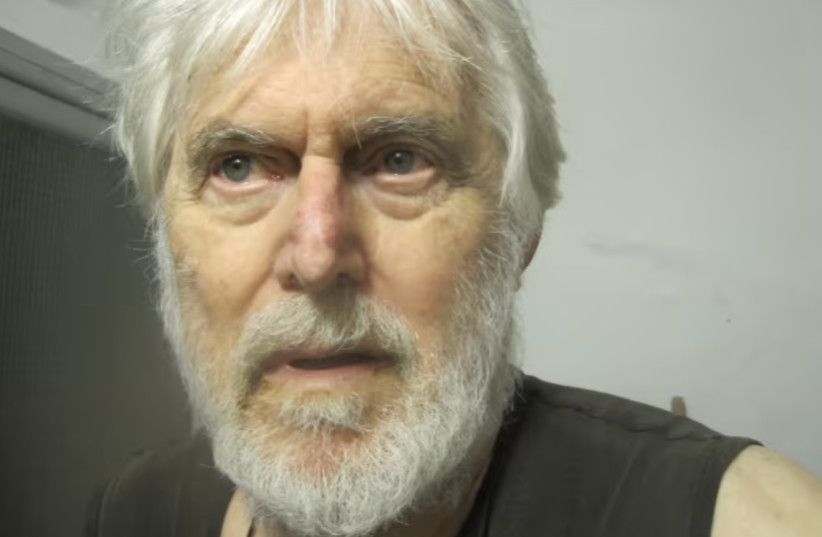Poet and winner of the Israel Prize Meir Wieseltier passed away at the age of 82 on Thursday.
Considered one of the most prominent and important poets and translators in Israel's history, Wieseltier was professor emeritus in the Department of Literature at the University of Haifa. He received the Israel Prize for Literature and Poetry in 2000. His granddaughter Dana Hafarti announced his death in a post on her Facebook.
Wieseltier was born in Moscow and immigrated to Israel as a small child. He published about twenty books of poetry and translated dozens of books, including many plays by William Shakespeare. Some of his songs were also composed, such as "I have sympathy" and "Return to the orchard." He published his first poems in the late 1950s in the magazine Masha, when he was only 18 years old. Later, he was one of the founders of the influential journal Simen Kraya.
His breakthrough came in the 1960s, at the same time as other young poets such as Yair Horvitz and Yona Wallach. Wieseltier translated dozens of books by other authors. Among them are novels by Charles Dickens, Robert Graves, Aldous Huxley, Virginia Woolf, D.M. Thomas and Joseph Heller.

His daughter, Martha Wieseltier, said told Israeli media, "Father had cancer. He received experimental treatment. I think he had an acute autoimmune reaction to it, which killed him. The experimental treatment was not required in reality. An old man, a small cancer, it deteriorated very quickly. On Monday he was still optimistic and said It seemed to him that he would get out of it. But yesterday he was weak, spoke indistinctly and said 'I am wiped out.'"
"I am not a man of words like him. I loved him very much, I was attached to him. Eventually, he saw me. Who will tell us now what is true? He had common sense that others did not have. Even as a little girl, I would look at his books, because it was him. Little by little I understood more and more. It was always a part of him, for him it was the most important thing there was. Even now it was important for him to finish the last book."
Celebrating accomplishments
The researcher and editor of the literature, Prof. Menachem Perry, told Walla! Culture, "Ten days ago Wieseltier gave me a manuscript of an unfinished book of poems and told me what to do with it after he died. It seemed very strange to me. He had cancer, he underwent successful chemotherapy, and the doctors suggested that he receive an experimental drug. This drug killed Him, within a few days. I made an appointment with him for tomorrow, and now I was informed of his death."
"He was a huge poet," Perry added. "One of the leaders of Hebrew poetry. The last generation of such poets. He created poetry in the big sense of the word, and was also a person of literary thought and literary leadership. Not all great poets are also leaders. He was also a leader. It's a shame he didn't get many more years of creativity."
